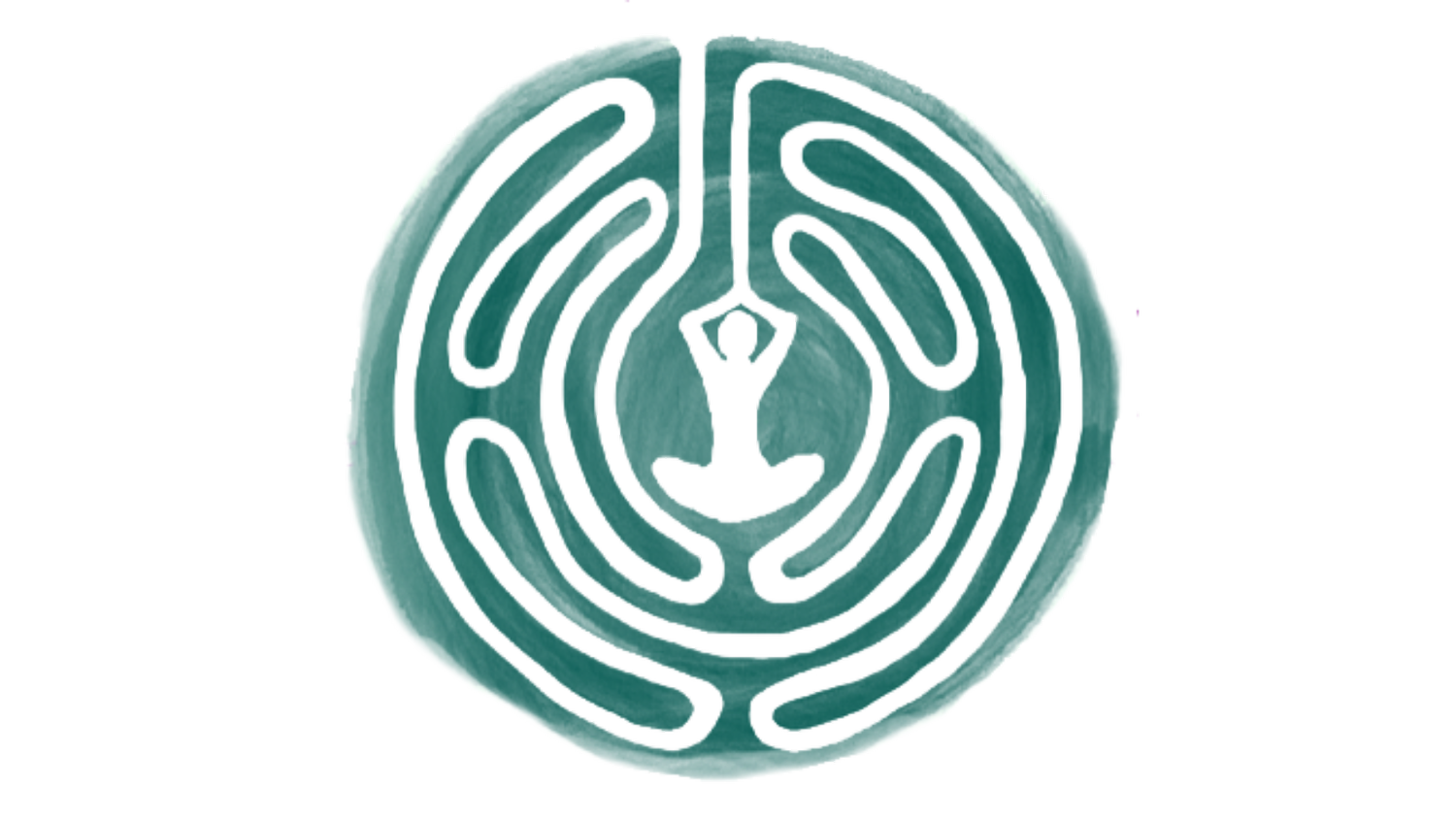Sanskrit Chants: Are these OK for Christians?
IS IT APPROPRIATE FOR A CHRISTIAN TO PARTICIPATE IN CHANTING TO HINDU DEITIES?
It is a common experience for yoga practitioners to find themselves at a weekend or evening program which features a kirtan or singing bhajans (devotional chants). Often, the chants are in Sanskrit, so it is not always clear what you’re singing. At other times, loose translations are provided. Not all chants are devotional in nature; sometimes one might be invited to chant simple “seed-syllables” for harmonizing one’s inner energies. But devotional chants, the focus of this question, frequently address or invoke Hindu deities.
A common explanation offered by way of reassurance to those who find themselves feeling ambivalent is that there is just one Supreme Being of all religions (Saguna Brahman), and the various deities actually represent different aspects or attributes (sagunas) of the one Supreme Being.
The problem for Christians (as well as for Jews and Muslims) is that the saguna forms are venerated as such, i.e., as real gods who, when propitiated, grant specific requests or bestow certain graces. It is the act of worship that is problematic. The veneration of the deity forms runs counter to the first commandment in the Decalogue: “I am the Lord your God. You shall have no other gods before me” (Exodus 20:2).
Intellectually, one can respect the high-level Hindu belief that saguna deities are just manifestations of the one Supreme Being. But words, and the understandings behind them, matter. If they did not, Muslims would feel free to pray the “Our Father,” which in general they decline to do, and Christians would think nothing of getting in the prayer line with Muslims (which they generally do not do) to make their profession of faith that “There is no god but God and Mohamed is his prophet.” Similarly, tantric Buddhist practitioners will avoid expressing heartfelt adoration in devotional chants to the saguna manifestations because it violates the root tantric commitment of not venerating or invoking “worldly deities.”
Generally, when Christians pray with Hindus in India, they employ chants that use generic names like “God” or “Lord” or “Creator” that can be applied to the God of one’s own understanding, but beyond that they do not use specific names. Religious traditions generally recognize that there is an energy around the specific names for deities, and when we invoke those names with heartfelt devotion, those energies do not remain without but in some sense enter in.
I have discussed this question with a number of colleagues with much experience in interfaith work and we share the same sense of things: one should not enter into that energy field without being formally initiated to it. Christians have been initiated in baptism into the body of Christ, into the love-energies of God revealed as Jesus-Emmanuel (God-with-us) whose Holy Spirit has been poured out into our hearts. So my counsel would be: Chant those names. Intensify those divine energies within you.
Chanting is a powerful form of prayer. It centers you. It turns your heart and mind toward God. It has a communal dimension. I always begin my Prayer of Heart and Body (yoga and meditation) classes with a chant drawn from the Christian faith tradition, e.g, one of the many Taize chants, or one of the chants written and sung by Rufino Zaragoza.

